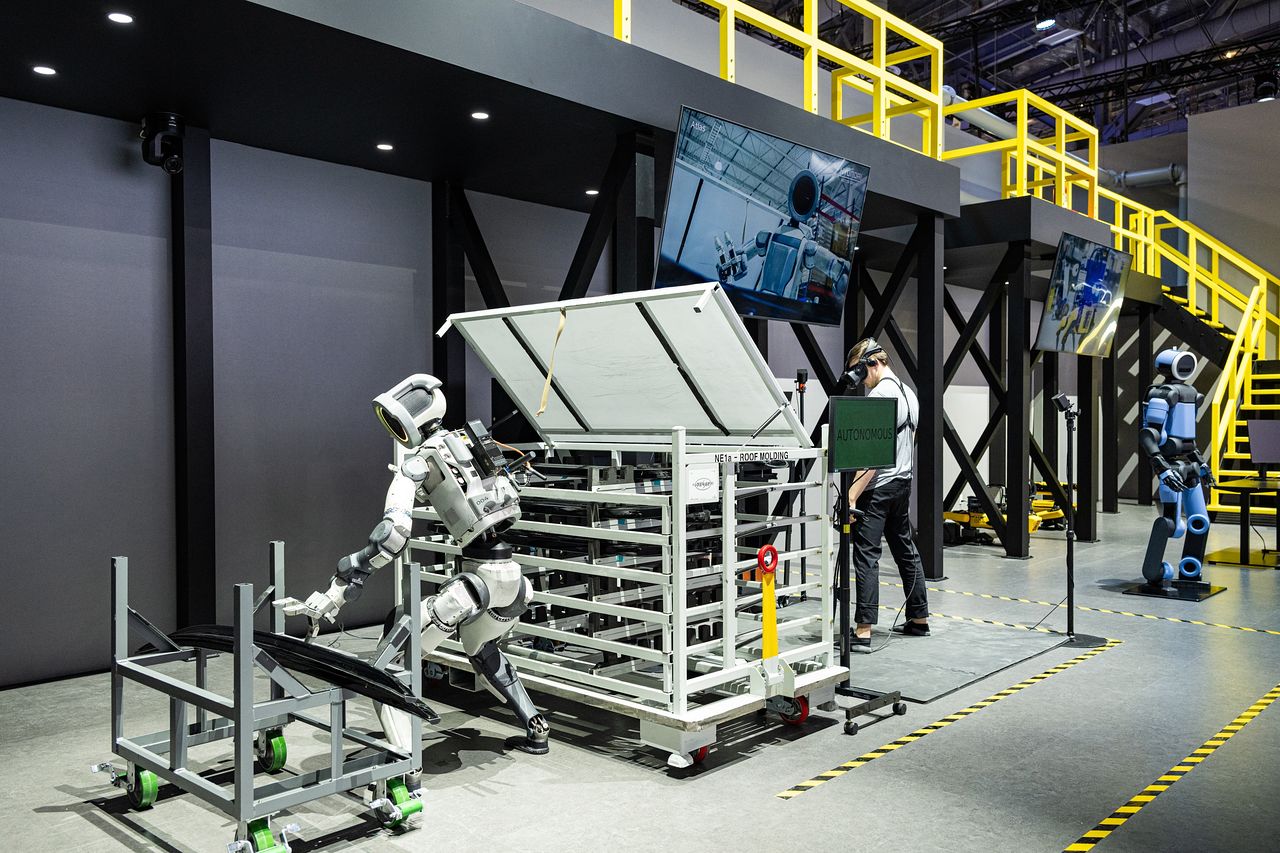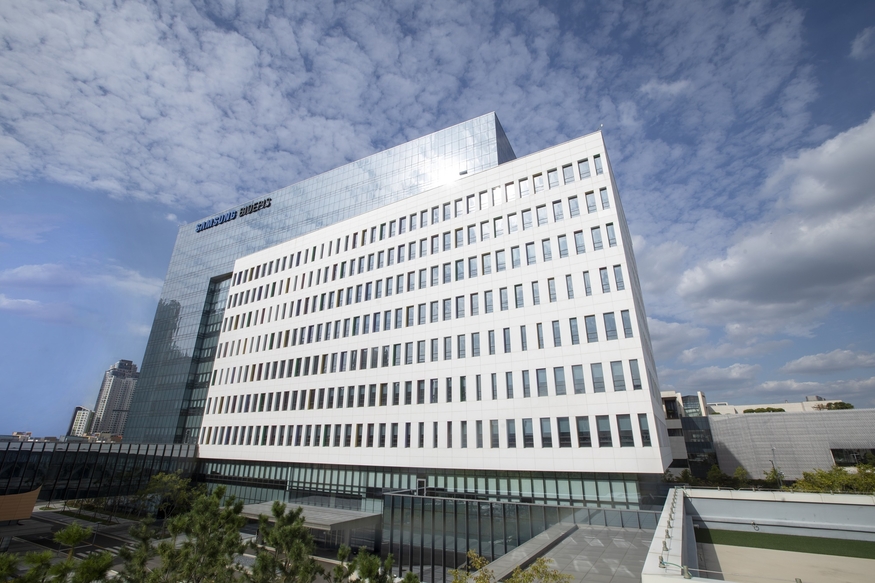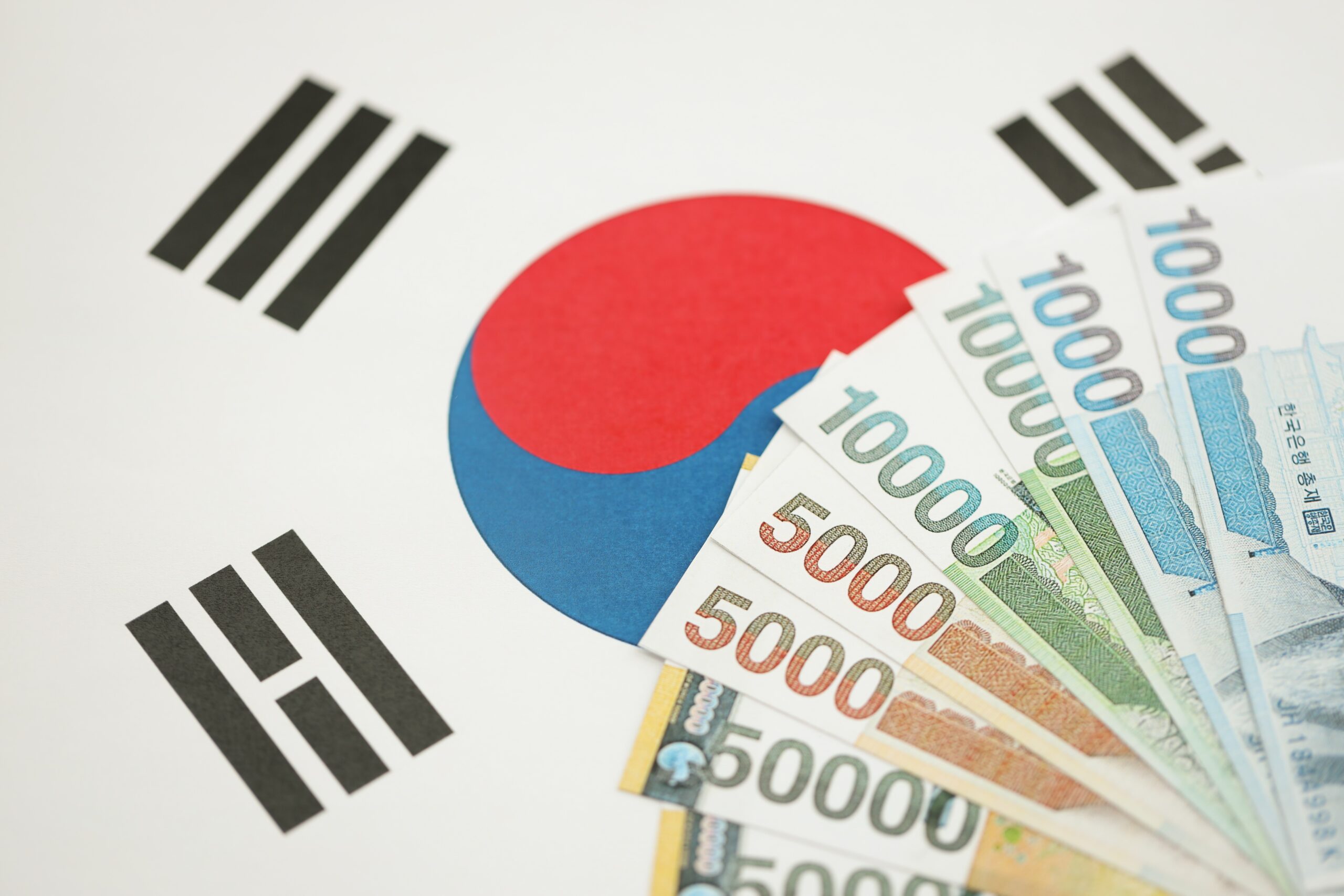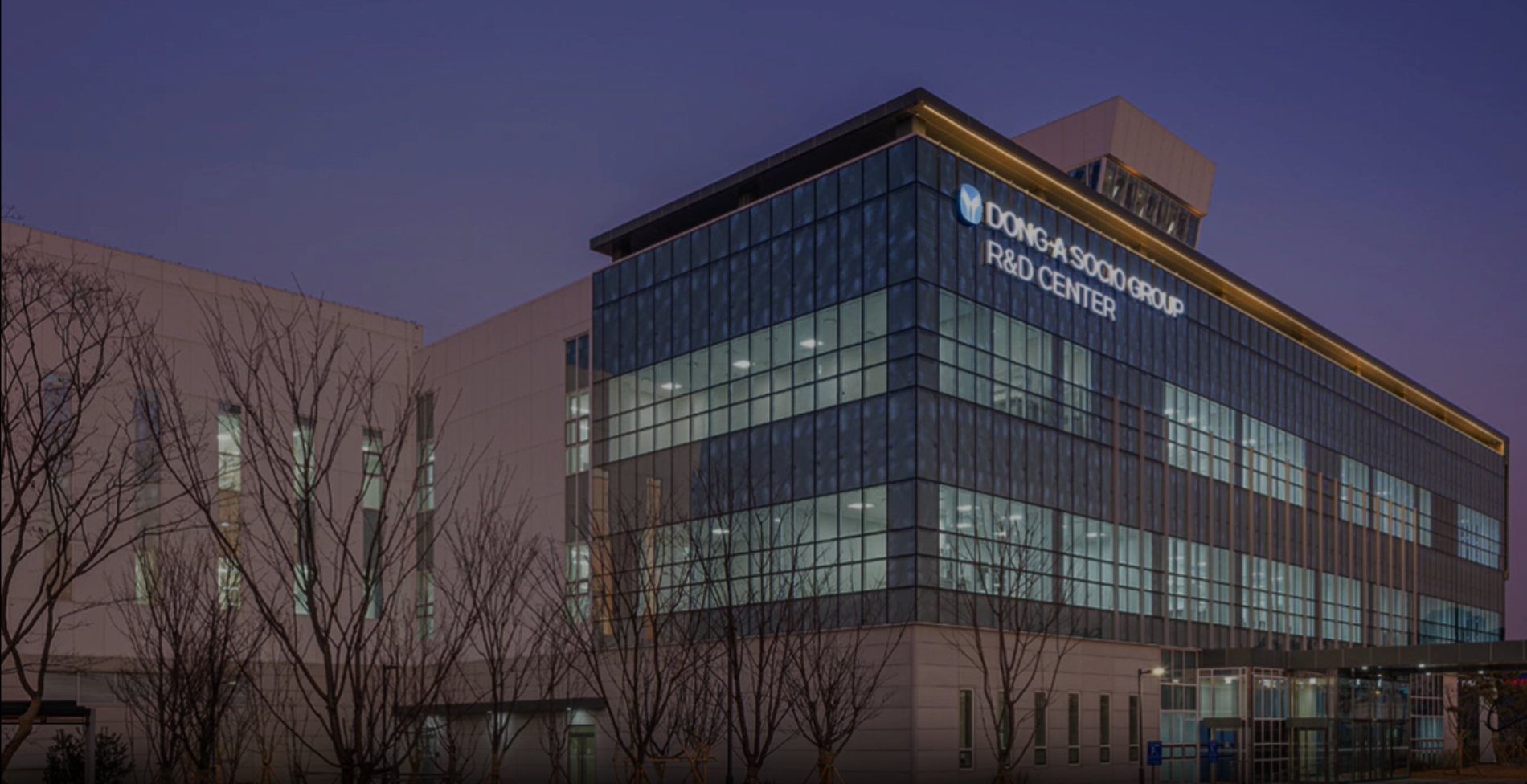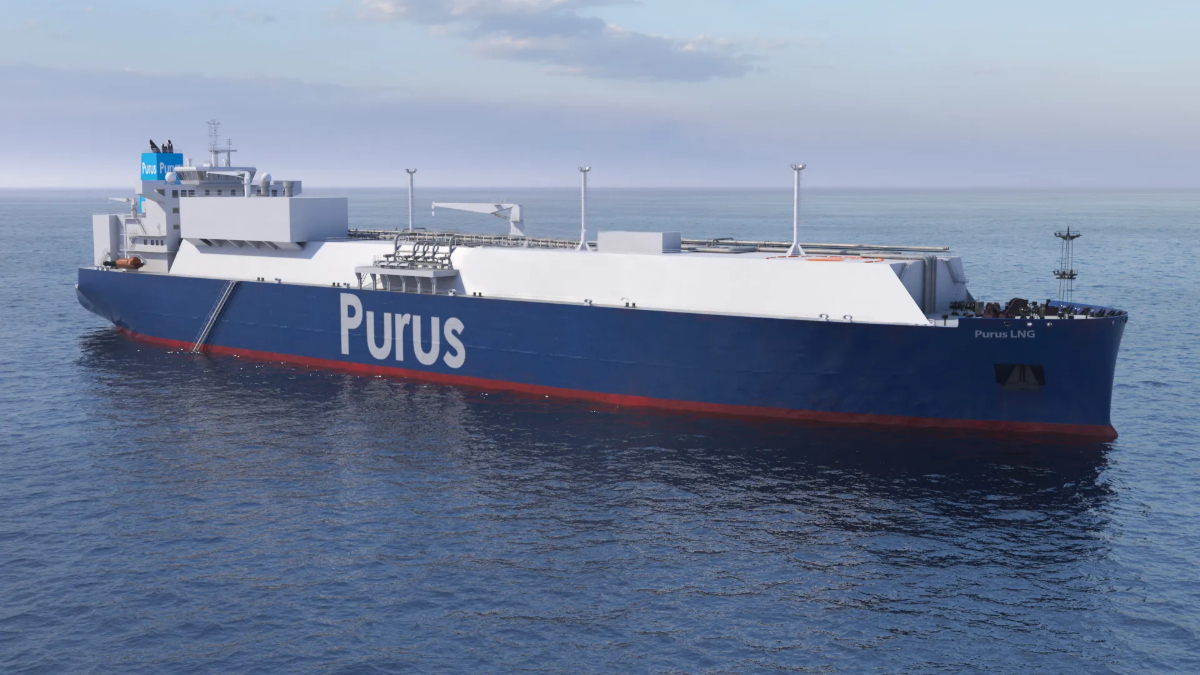
As airlines around the world scramble to hire experienced aviators, South Korea’s Air Force is losing hundreds of its top pilots to commercial carriers — a shift that mirrors a broader, global struggle to keep cockpits filled.
Since 2018, more than 700 skilled South Korean Air Force pilots have left active duty, with nearly all of them moving straight into civilian airline jobs, according to government data released this week.
The exodus underscores how the post-pandemic aviation rebound and expanding defense commitments are intensifying competition for trained pilots worldwide — including in the United States.
Commercial airlines have sharply increased recruitment over the past two years as international travel demand surged.
That demand, coupled with an aging pilot workforce and slower military recruitment, has left many air forces — from Seoul to Washington — struggling to retain qualified personnel.
“South Korea’s experience is part of a global pattern,” said one aviation analyst in Washington. “When commercial airlines are hiring aggressively, military pilots everywhere start to see civilian jobs as more sustainable — better pay, better hours, and less risk.”
The trend comes as the U.S. Air Force also faces its own pilot shortage, with an estimated deficit of more than 2,000 aviators as of 2024.
Analysts warn that America’s allies, including South Korea — a key partner in the Indo-Pacific region — could face similar operational strains if retention continues to decline.
Seoul has rolled out retention bonuses and new training programs, but average service length among pilots has dropped steadily, from 27 years in 2021 to just over 18 this year.
Experts say the competition for pilots is likely to intensify as both military forces and commercial airlines expand in the Indo-Pacific, a region increasingly central to global security and trade.


